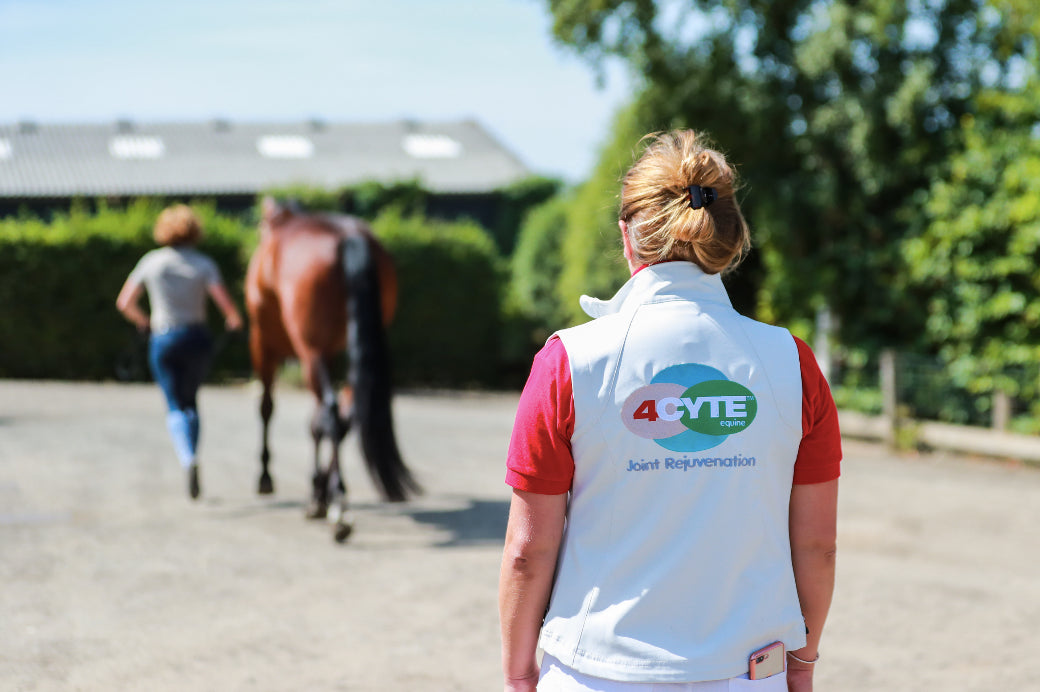Your Cart is Empty

I have previously talked about my concern regarding the corporatisation of veterinary health care and this week a conversation returned these reservations to the forefront of my mind. The conversation was around a horse that had presented to a clinic that the owner had been a client of for many years, but had recently been bought by one of these collective groups. To the owner nothing had changed – the clinic remained the same, the vets that they dealt with were the same, the branding and the billing were the same. Yet when this horse was diagnosed with a medical problem that wasn’t responding to conventional treatment, the service was very different to what they might have had previously. The vet was aware of a new treatment that was available and had been having good results. Where previously the vet would simply have contacted their supply officer and had them order the product, it wasn’t so easy anymore.
Because all the purchasing is handled by the corporate, the only treatments that were available were the ones on the shelf. Treatments that are sold by suppliers that the corporate has negotiated deals with, that are available at prices that allow the biggest margin or with the kickbacks and rebates that are the true motivation of these businesses. Anything that needs to be added to stock must be approved by committee and negotiated with the supplier. The process is time consuming and involves paperwork and follow up that the frontline vet has very little heart for, and is certainly not going to be applied for just one case. That effort is reserved for those products that will have maximum impact or that the individual vet is especially passionate about. I’ve also heard reports that the problem is compounded by some vets working in these practices being so disheartened about the arduous system that they are no longer investigating other options. They go to conferences to network and learn about innovative techniques, but they no longer walk the expo looking for new products as they know (or feel) that it is a waste of their time.
I completely understand why the independents are being swallowed up by these collectives. The ability of practice owners to capitalise on the development of a profitable business with a loyal client base (which is the true value of any veterinary clinic) is obviously number one. The ability to hand over the buying, financial and payroll aspects of their business, often the very last reason a vet would set up in the first place, is also a bonus. Most of the vets I have talked to are unaware of the loss of autonomy and the impact it will have on their daily practice prior to signing on the dotted line with these groups. The collectives often promote themselves to vets primarily with economies of scale in terms of administrative services and purchasing power. Unfortunately, the benefit to the true end user, the animals they treat, is less clear.
As far as a solution goes, I’m afraid it’s up to us as horse owners. These collectives are purely about profit for shareholders and their decision making will always be based on that. While I’m yet to meet a vet who wasn’t attracted to the profession at least in part because they love animals and also of the provision of exceptional health care, the appeal of a return on years of hard work and investment and the removal of the tedious managerial tasks is compelling so it is unreasonable to expect them to self regulate in this matter. In order to support innovative treatment practices and to access the very best, the very latest and the broadest reach of these practices, we need to use independent clinics – a model very similar to human health care. I personally use a small local clinic for day to day care – the G.P. - and if my horse needs more than they can provide in house (and bless them both – they definitely have!), I then have the opportunity to have them referred to one of the many brilliant equine hospitals we have in the U.K. for specialist care. I’ve been fortunate enough to get ‘behind the scenes’ in a number of these hospitals over the last six years and they are an amazing resource. With state of the art diagnostics and the highest calibre of practitioner in every field imaginable, I want the choice to go to the very best there is for every specific scenario. Many are linked to universities which leads to even more innovation and research capabilities. Theoretically the buying power of the corporates could mean cheaper solutions to run of the mill treatment costs. In my experience, this is rarely passed on to the customer, instead it is used to bolster the bottom line and maximise returns to the shareholders. If there is a reduction in price it is negligible and we have to ask ourselves – at what cost? I’d prefer to have a vet looking after my horse who has the whole world of options available to them.
In short, I cannot see any benefit of the corporatisation of veterinary healthcare to us, the consumer, nor to our most precious of patients, our horses.

Comments will be approved before showing up.